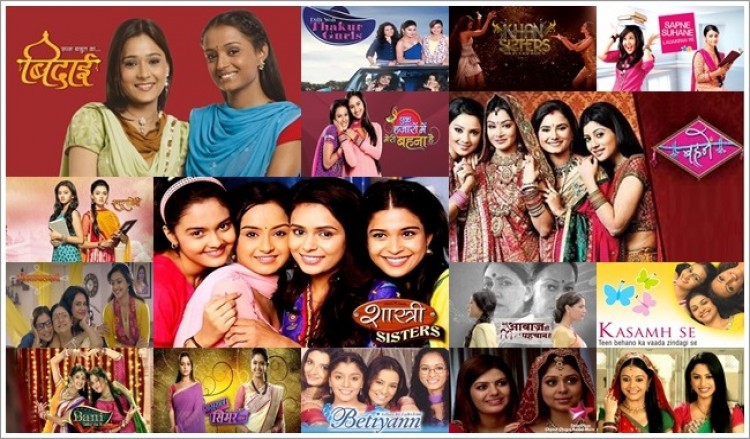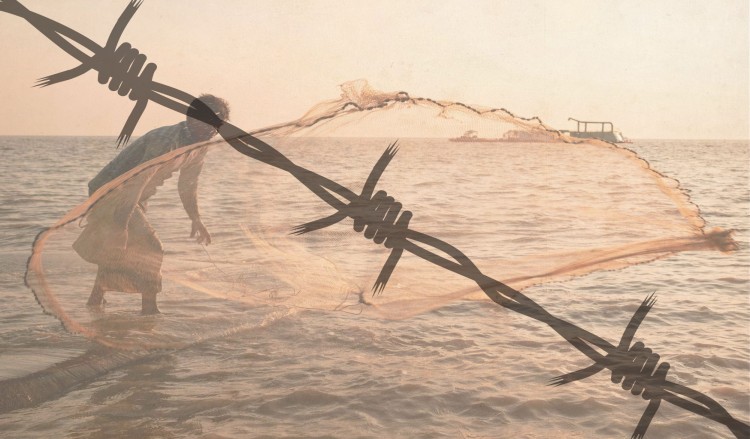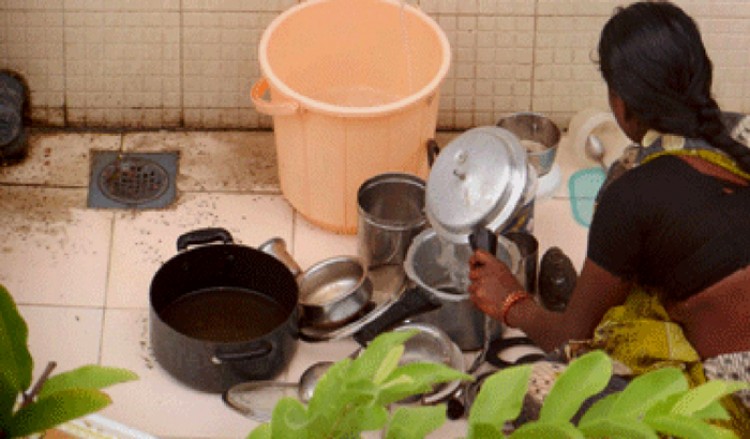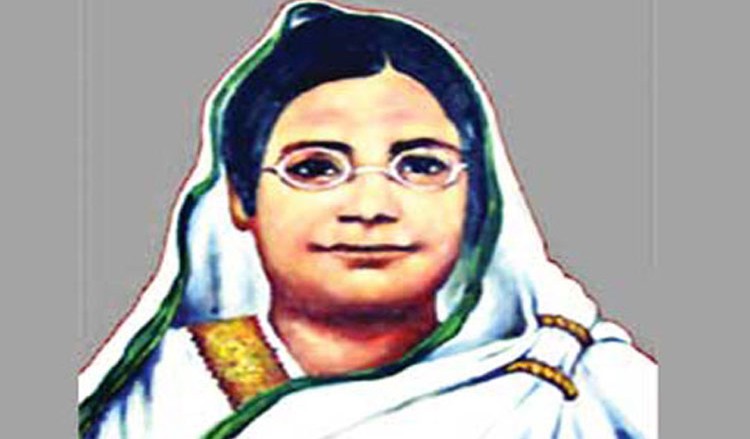- 14 July, 2020
- 1 Comment(s)
- 1367 view(s)
- লিখেছেন : Author: Roshan kumar
Indian television isn’t taken much seriously after the 1990s, the reason being the daily soaps making zero sense and also their plots degrading day by day. I’m not just talking about the subject matter, also the portrayal of the character in those particular subject matters. For example, nothing is wrong with making a TV series about a household or two, but what’s wrong is how these TV series’ characters are always over the top good/bad. Either they are tolerant and meek as hell, or they are vamps, planning on ruining others’ lives round the clock. Now we might not agree on the fact that art imitates life or vice versa, but one thing we can very much agree on is the fact that television, cinema, theatre etc. have a huge impact on the public psyche. We’ve seen our fair share of mass hysteria surrounding television or movie characters. In fashion, in food, even in life choices. Let's just talk about television, specifically the daily soaps.
We all know that these shows come with their own statutory announcement as “the show is a work of fiction, any resemblance with real life is purely coincidental”. Well, that should do it. You’ve been told that this is a work of fiction, enjoy as it is. Unfortunately, in a country like ours, just stating this doesn’t drive the problematic impacts on civil life/psyche go away. Let’s zoom into the problem here. The problem here is, we as a nation have a really problematic history of differentiating between fact and fiction. We would like to demolish visible architecture to preserve a fictitious character’s birthplace.
Keeping that fact in mind, when people read a novel or any other form of fiction that doesn’t affect them much in the same way a work of audio-visual fiction does. We all know for a scientifically proven fact that audio-visual representations have a better impact on our brains. Reading about an adulterous wife or a love-triangle doesn’t affect the way it does when it’s seen on television every single evening. These shows also come at a very skilfully chosen time.
The prime-time on television is supposed to be for family shows. What comprises of a “family” in front of a TV is, of course, depends on perspective. You might choose to sit and watch “Balika Vadhu” with your children, or you might consider not to. Do you now see the problem? Firstly, we do not think about these things before we turn the TV on. Do we? (I bet not everyone does). Secondly, when we choose to watch these shows based on teasers and trailers not by analysing their contents for half an hour. Our habits of relying on censorship are also to some extent responsible for this.
Another huge problem is “who” exactly watches these. As by now you might be saying by yourself, if the content is so problematic then don’t watch it, it is simple. Isn’t it? I’m afraid I would have to say no. yes, for me it is that simple. I chose what to watch, I have had the privilege of higher education, I have access to the internet, to newspaper reviews, to contents that give me a sneak peek on what to expect. Moreover, I have at my hand three thousand more things to do besides watching “Desperate Housewives” or “Yeh Rishta Kya Kehlata hai”. Clearly, the target audience of these shows most of the times aren’t that fortunate. Employment status, education, leisure, work-load all these things play significant roles in people’s choices of watching (rather devouring) these. Now comes in the question, what’s so harmful in watching an unrealistic/brainless entertainment for an hour or two, we know that these are work of fiction. As I’ve already pointed out, the problem does not anymore remain as much when the audience realises the fact that these are fictitious and detaches themselves from them. But unfortunately, it doesn’t happen so. Different genres of these shows have different negative impacts. For example, the historical ones, they clearly distort history for the sake of glamour, and ratings, their narratives go the way the public wants them to. So, for a youngster who chose to watch and learn from a historical show, will learn that, not the actual history. Here let me remind you one more time that history books are dull, and these are coloured and audio-visual and also comes on TV and also the characters are played by our favourite stars. In the case of the family dramas, the impact is even bigger. As I have mentioned before, these shows have two types of characters (more or less)- overtly good and vamps. Those characters are not in any way close to real life. Also here comes in play the thing of normalising problematic content as “it's ok because it was shown on tv”.
In connection with these impacts I would like to address the problematic portrayal of women, in these soaps. There was a time when women on Indian television were shown as they were back then. Now if you look around yourself, you’ll clearly see how far are these characters from real life. No one is demanding they have to be more realistic. They do not have to be. But why cannot be fictitious women be to some extent believable? The antagonist women are always ambitious and the heroine is always docile and she does what the society approves of. When these characters are so fictitious that won’t look humane in their actions then why not in a progressive way. TV characters nowadays are so regressive that even my grandmother once said, “What is this? The 1880s?” I’m not going into details of the process and quantity of degradation of women on screen. A man having two wives isn’t half of the problem. The real problem starts when the woman who was estranged by her husband for a decade just turns up at her door after having numerous affairs is still loved and worshipped by her. This doesn’t end here, it as much goes on to an extreme where this particular -docile, very meek, doesn’t speak up for her rights- woman is rewarded at the end as the *virtuous* one.
Lastly, I just want to address another question you might have, that “what’s the harm in women being portrayed as they are portrayed now? After all, its only fiction!” on that note, I would again like to return to what I said at the start about *art imitating life*. When people are watching these even as brainless entertainments, these have a negative impact on their brains. Even if it’s just for a minute in the next episode’s anticipation, they think about it. And the portrayal of women characters comes into play then. Whether or not art imitates life, the audience gets influenced by what they see. If the billboards around the city have an impact on what tea I would buy next, then the tv show that comes on every evening and its characters definitely have an impact on the mass.
What is the way out of this? Do we now have to research for 3 hours before turning the TV on? No. that unfortunately won’t solve the problem. People, in general, will always look for easy entertainment, people will always watch “Nagin” for a decade over going to watch “Haider” in a theatre. Of course, this is not everyone, but it’s the majority. The mass media shapes public opinion and this is a paradoxical situation, where we don’t anymore know which comes first “public’s choice” or “brainless entertainment”. This debate of which comes first will not end soon. But for a start, the television and its portrayal of characters can change, and while that takes its due time, we, the audience (who has the privilege) can change our choices for more meaningful and progressive entertainment.
Writer is a student.
Cover Image: Collected





1 Comments
Azirahael Jones
15 July, 2020
Astonishingly well written! Also: Damn. I was hoping other non-western countries were free of this idiocy. Sigh. Nope. Well, i bet they don't have this crap in China/DPRK. Here's hoping.
Post Comment